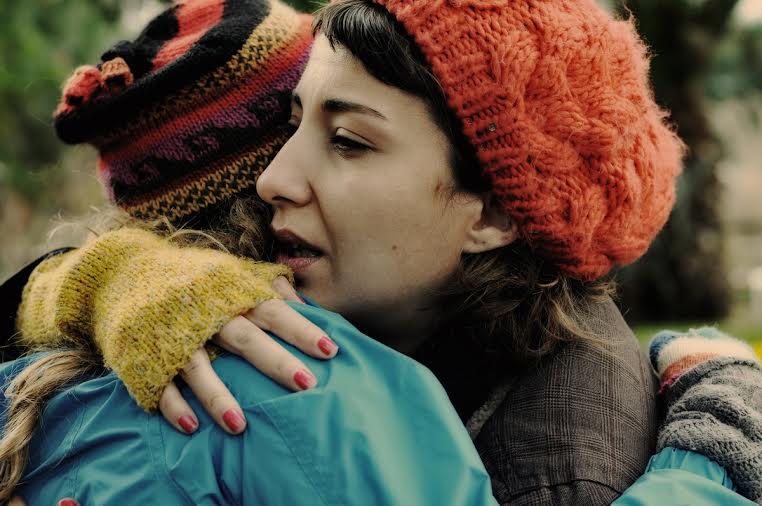After a trip to the washroom, I walked back to the table I was sharing with an old friend at a microbrewery, only to find him doing the weirdest thing: he was sitting in his chair, breathing. That was it. I was confused. I was gone for like, three minutes at least, I thought, why isn’t he on his phone? Or re-reading the menu? Or doing anything to distract himself from the present moment? What’s WRONG with him?
I should explain: my old friend and I had just a conversation I hadn’t seen coming. I was being contrary that evening. Instead of ordering a pint of beer at this microbrewery, I opted for a glass of aged, spicy rum (in my world, beer acts like a judgmental aunt-through-marriage who disagrees with all my life choices and makes sure I cry about them after spending enough time with her).
When we started catching up, I’d betrayed my Irish-Scottish roots by admitting that lately I’d been less-than-stellar. He saw the crack in the wall that was my face. I was resolved, however. I would not break. He looked at me for a long time, then finally said “You don’t have to tell me what’s wrong, but if you want to, I’ll listen.” So through small sips of rum, the ugly emerged, in speech and in tears.
Now, I usually think of myself as an empathetic person. But thinking back to the way my friend listened to my story, I’m not so sure. When confronted with another person unabashedly sharing their feelings with me, I do listen, but I also have an array of ways to deal with emotions that make me uncomfortable. I offer food (“How about we dip some nachos in those guts you spilled on the floor?”). I offer solutions (“Have you inspected the healthiness of these guts? The answer is probably right in front of you.”). I try to be optimistic (“Of course you have more guts to work with—do you have any idea how long our intestines actually are?” ) I downplay (“My guts are so much worse.”) and sometimes try to sweep the whole thing under the rug (“I know how to make a great biodegradable cleaner that’ll disinfect the floor from gut germs. Do you mind? It’ll stain.”)
But my friend looked at my guts appreciatively. He didn’t think they were gross. He didn’t want to mop them up. “Thank you for sharing that with me,” he said, “that must’ve been really hard for you and I’m glad you told me.”
There was a silent strength there I sometimes take for granted when really being listened to; it requires a certain strength to remain 100% present in the moment while a friend is recounting a difficult experience. Often we end up floating away, or making the situation about our own troubles. It takes strength not to deviate but stay focused on that person without thinking about which pizza toppings would best accompany these feelings.
And, as my friend inadvertently made me notice, it probably takes even more strength these days not to distract yourself from sticky conversation residue by immediately checking your phone. I do it all the time, when really, how incredible is it that in this age of constant self-documentation, a person is entrusting me with a story that will NEVER appear on my newsfeed, shared with thousands? A story that only I will know. That’s a humbling thing. And I should be nothing but grateful. So, I’m turning my inner squeamishness and my phone to silent, starting now.



 Follow Us On Instagram
Follow Us On Instagram
